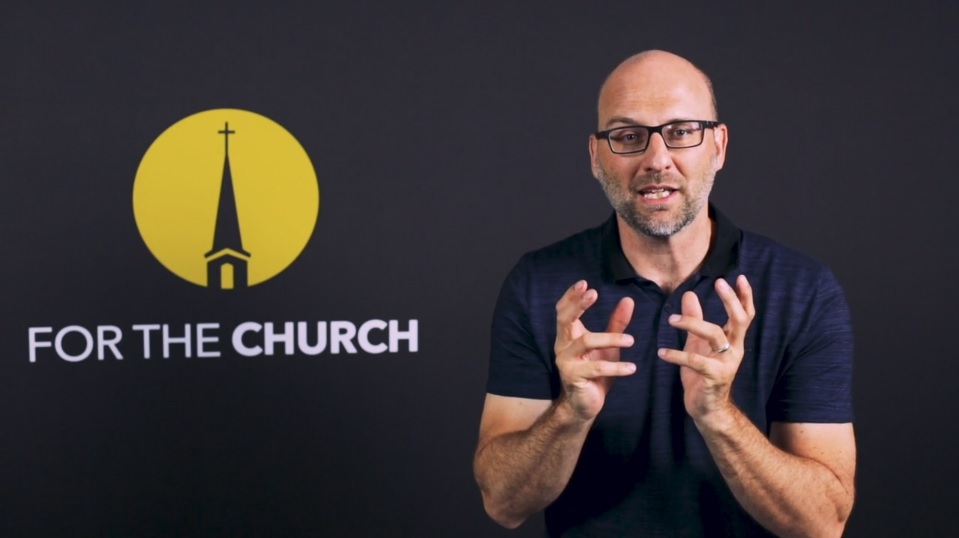
So yes, we’re running a 9000 word book review. Therefore, taking the time to think about these questions and to address them faithfully is important. If the American church has a future, it will be because God is faithful to us and aids us in finding solid answers to the vexing problems of church life and governance. What we are left with is evangelicalism-and evangelicalism is comprised chiefly of relatively new institutions that do not know their tradition’s history, do not have discernible mechanisms for learning their history, and do not have solid answers for questions of ordinary parish ministry, church life, and church governance. (This isn’t intended as a slur against Rome rather it’s simply an assessment of the fact that Francis appears to be pushing the church in a more episcopalian direction not only theologically, but in terms of its polity.) Rome appears headed a similar route for the most part, although I expect there will be a few regions that remain more orthodox, thanks largely to the influence of orthodox bishops. These institutions are the oldest Protestant institutions in North America and they are collapsing before our eyes. In another sense, however, their loss is still devastating. In one sense we all ought to say “good riddance” as nearly all of them have long since become apostate. The old mainline denominations are failing. We’re at something of a turning point in the west. The answer is simple: I expect ecclesiology to be one of the defining debates of our generation in the western church. On Wednesday, Minich will turn to making a critical assessment of Leeman’s work.īefore handing things off to Joe, I wanted to take one paragraph to explain why we’re running a review of such length.

Today’s first part is simply going to be a summary of Leeman’s argument.

We’re going to run his review in its entirety, but we’re doing it over two days. A few months ago I asked my friend Joseph Minich if he’d be kind enough to review Jonathan Leeman’s Political Church for us.


 0 kommentar(er)
0 kommentar(er)
